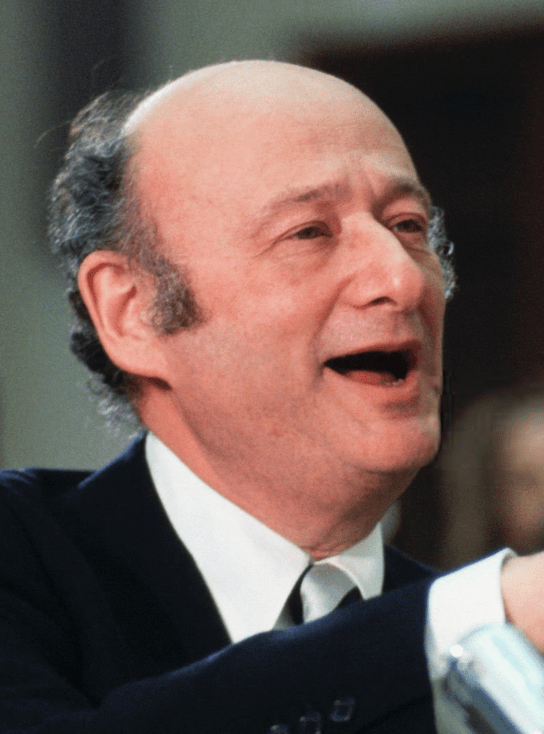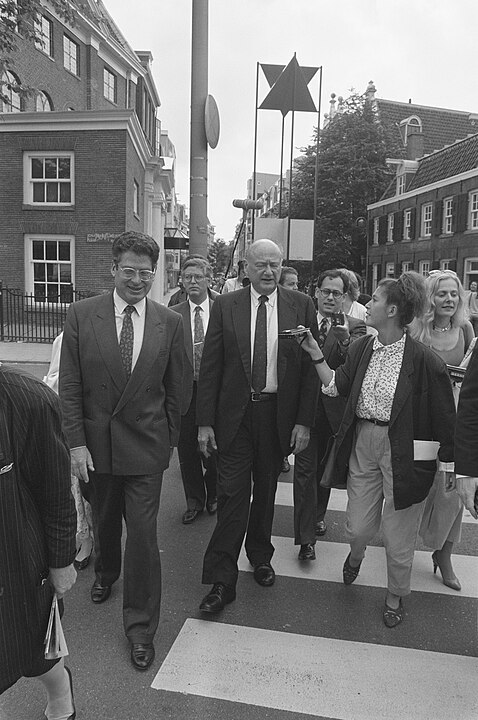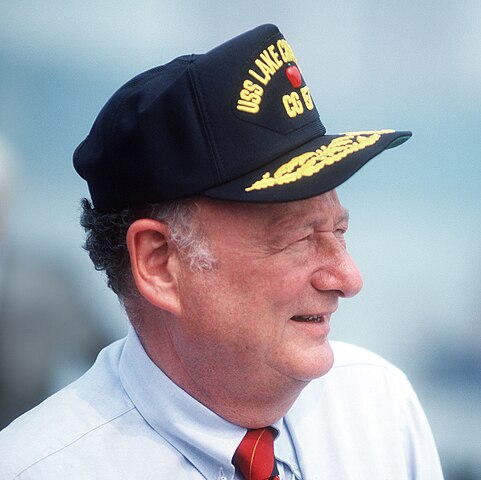Born on December 12, 1924, Edward Irving Koch was an American lawyer, film critic, political commentator, and a popular personality on television. Known for his blunt-spoken personality, Mr. Koch spent three terms as the Mayor of New York City. During his tenure and as claimed by many, Mr. Koch significantly helped turned the city around when it was going through the toughest times. His efforts and commitment towards making people believe in him played a huge role in his legacy. Today, after his death, not only do we recall his legacy but take a look as to how he managed to build a city, which never sleeps.
Career
U.S Congressman
“Just a plain liberal,” was Ed Koch’s statement when he began his political career. He was involved in several opposing acts such as the Vietnam War and even marched for civil rights in the South. The term ”Watergate Seven” was also coined by him based on the Watergate Scandal that was ordered to keep certain representatives and senators under surveillance. During his role as a U.S Congressman, Ed Koch was closely attached to the public as he would hear them out and speak out without any strings attached. His views regarding military aid being cut off to Uruguay sent alarms down the military hierarchy, which led him to hot waters. After the assassination of Orlando Letelier, Ed Koch approached both the CIA and FBI for protection, but none of them offered an extended hand.
1977-First Term
1977 saw Ed Koch winning the mayoral elections of New York City by defeating several other opponents. He began his mayoral role based on a “Law and Order” platform. During this time, the New York City Blackout took place in 1977, along with the riots that helped catapult Koch’s message about restoring law and order and how crucial it was for the safety of the public.
1981-Second term
As Ed Koch’s mayoral role kept with its course, several significant events took place. First, it was the arrest of Frances Schreuder in 1982, who was responsible for the murder of Franklin Bradshaw in 1978. The second was the appointment of the city’s first African American Police Commissioner, Benjamin Ward, in 1983, and lastly, Bernhard Goetz’s subway shooting. Even though Ed Koch had won his second term elections but failed to defeat his opponent for the Governor seat in 1982. It is said that Ed Koch would often set his liberal line aside and opt for decisions that did not support his conventional approach. This was perhaps true, especially when he was out there strongly supporting the death penalty and arguing about the police being handed broader powers to handle homeless people and banning radios on buses and subways.
1985-Third Term
1985 was the year when Ed Koch ran in the elections for the third and last time. His political career would end after this, surrounded by several controversies. Moreover, his love for the city often led him to make extreme decisions, which were not welcomed by the public. For instance, he proposed to ban cycling on Park, Fifth, and Madison avenues during weekdays. However, the decision had to be overturned due to the strong protest of bicyclists. His popularity took a strong hit by a series of corruption scandals as well, which failed to prove him for corruption. His most controversial comment, “Jews would be crazy to vote for Jesse Jackson,” knocked the final nail in his coffin as it extremely angered many black voters and, as argued by many, was the reason behind his defeat.
Housing
Before Ed Koch’s political career came to an end, he had gathered enough feathers in his cap for his followers to regard him as the savior of New York. Back then, South Bronx was a city home to ghostly and gutted buildings with Charlotte Street, nothing more than a rubble-strewed patch. However, nothing was meant to remain the same as Mr. Koch laid down a 10-year plan to upgrade South Bronx costing $5 billion by building low and moderate housing in addition to rehabilitating vacant buildings. The plan eventually paid off as it created more than 150,000 affordable apartments. Today, you will hardly come across an empty apartment because Charlotte Street has completely transformed into a row of suburban-style houses.
Crime
Mr. Koch’s strategies and plans to curb the crime rate were simple and straightforward. However, the influence of certain external factors earned him partial success. During his tenure, the murder rate fell from 1,818 in 1980 to 1,386 in 1985. Special advisor to Ed Koch, Jeremy Travis, stated that the gains were due to techniques that focused on open-air drug markets where people would line up to buy drugs.
The success was short-lived, though. The cocaine epidemic in the mid-1980s brought easy profits to the dealers and provoked the amateurs to participate as well. In addition to that, neighborhood wars broke out, and the police were totally outnumbered. Not only that, the fiscal crisis of the 1970s demanded that some personnel be laid off, which was like adding fuel to the fire. Later, Mr. Koch left the office, and the situation turned for the worst. The crime rate climbed to its peak until the city decided to hire 5,000 more officers.
Health
It is often argued that Mr. Koch’s grip on the health sector was close to being zero. This is supported by the fact that Mr. Koch had completely ignored the spreading of AIDS because he was afraid that everyone would find out that he was gay and will ultimately result in losing support from the real estate industry. But at the same time, there was one regret that Mr. Koch found hard to ignore. The closing of Sydenham Hospital in Harlem due to poor performance. He was off the view that he had failed to fully understand the importance of the hospital given black doctors, who struggled to find admitting privileges elsewhere in the country.
Parks
It might come off as a surprise to say that there was a time when many of New York’s signature parks were nothing, as opposed to what we see today. It was when Mr. Koch and his administration stepped in that the parks were brought back to life and turned permanently for the better. Much of this was thanks to parks commissioners like Henry J. Stern and Gordon J. Davis, who decentralized their department, gave more authority to the borough officials, and appointed new administrators for Central and Prospect Park. All the hard work paid off when Simon and Garfunkel did a concert in Central Park, highlighting the fact that it is now a fun and safe zone for people at night.
Final Word
It can be said without any doubt that Ed Koch’s love for New York City led him to make some great decisions. However, it was the same feeling that caused huge dents in his political career. Nonetheless, his presence and the will power to turn the city around, especially during the darkest days, earned him his legacy, which many celebrate today. Discover how New York City overcame the financial crisis in the 1970s under Ed Koch’s leadership.



